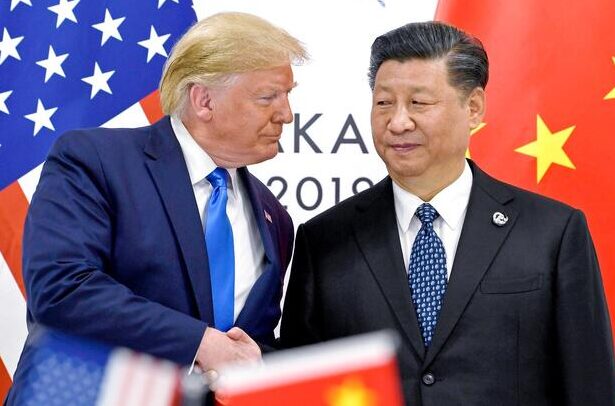Marina, a 45-year-old freelance copywriter from Tula, thought WhatsApp was a lifeline for both her work and personal life. But last month, a call to a colleague wouldn’t go through. She switched to Telegram, Russia’s second most popular messaging app. That failed too.
She wasn’t alone. Millions of Russians suddenly faced restrictions in mid-August after state regulator Roskomnadzor limited calls on WhatsApp and Telegram. Both apps are essential to daily life in Russia, but their popularity now collides with the roll out of a new state-backed “national messenger” called Max.
WhatsApp has around 97 million users in Russia and Telegram about 90 million massive numbers in a country of 143 million. From parent chats and neighborhood groups to taxi orders and grocery lists, these apps are woven into everyday routines. WhatsApp, in particular, is loved by older Russians for its simplicity. In far-flung regions with slow mobile internet, it’s more than just messaging it’s a tool for organizing community life, sharing news, and even buying alcohol.
Both apps are encrypted, meaning not even their owners can read messages or listen to calls. That’s exactly why officials don’t like them. Authorities claim the companies refuse to store Russian users’ data inside the country and say scammers use the platforms. Yet figures from Russia’s Central Bank show most scams still happen over regular mobile networks.
Many see the crackdown as the Kremlin’s latest effort to monitor communications. “The authorities don’t want us to maintain connections or friendships. They want everyone to sit quietly in their corner,” Marina said, asking for her name to be changed out of fear of speaking to foreign media.
Enter Max: Russia’s State-Approved Super-App
Since September 1, all new devices sold in Russia must come pre-installed with Max, developed by VK the country’s largest social network, controlled by Gazprom and billionaire Yuri Kovalchuk, a close ally of Vladimir Putin.
Max isn’t just a messenger. It’s designed as a super-app integrating banking, government services, and more, similar to China’s WeChat. But its privacy policy makes clear: data can be shared with third parties and government bodies, raising fears it could become a tool for surveillance.
Already, schools are being told to move parent chats to Max. In Rostov, near the Ukrainian border, the app is being used as a regional alert system. In St. Petersburg, it’s linked to emergency services.
Despite the push, Max trails far behind its rivals, with about 30 million users compared to WhatsApp and Telegram’s near 100 million each. Still, avoiding it may soon be impossible.
A History of Tightening Internet Control
The Kremlin’s suspicion of online freedoms goes back years. Putin once dismissed the internet as a “CIA project.” Restrictions began in 2012, shortly after mass protests, and escalated after Russia’s 2022 invasion of Ukraine. Facebook, Instagram, X (formerly Twitter), and most independent media outlets are now blocked accessible only through VPNs.
Today, the government keeps adding bans. Russians can be fined for searching “extremist” materials online, a blacklist that includes books by opposition leader Alexei Navalny, who died in prison in 2024, and even Ukrainian songs. Ads on Instagram once a lifeline for small businesses are now outlawed, along with ads for VPNs. Using VPNs isn’t illegal, but authorities can treat it as a red flag in criminal cases.
Internet Blackouts as ‘Digital Detox’
As if losing WhatsApp and Telegram weren’t enough, Russians are also facing sweeping mobile internet blackouts. Since May, entire regions have been regularly cut off.
Officials say the outages protect against Ukrainian drone attacks. But experts argue they’re pointless. “There are no air defence systems, no army. Their logic goes: we turned off the internet and there were no drones, so it worked,” said telecom expert Mikhail Klimarev.
In Vladimir, east of Moscow, two districts have been offline for a month, disrupting everything from bus schedules to taxi services. In Krasnoyarsk, a Siberian city of over a million people, mobile internet vanished for three days in July.
State TV spins the outages as a “digital detox.” But frustration is growing, especially after one official told unemployed residents to “go work for the special military operation” instead of complaining.
What Comes Next
The government is working on a plan to allow access only to “essential” online services during blackouts banking, taxis, deliveries, and, of course, Max. Critics warn this could normalise shutting off the wider internet while keeping state-approved services alive.
For now, people are finding ways around the restrictions from VPNs to alternative apps. Some even claim not to own smartphones to avoid installing Max.
But as crackdowns tighten, more and more Russians fear they’ll be left with only one option: the Kremlin’s own digital ecosystem, where every call, message, and click may be watched.






